Press releases

Citizen Science project “Mein Baum”
Contributing to Sustainable Urban Planning via Smartphone App
Trees reduce heat pollution in cities, provide us with oxygen, and bind climate-damaging Carbon dioxide. However, it is currently unclear which and how many trees grow in urban areas and how much this stock can help with climate adaptation. In collaboration with the Technical University of Munich (TUM) and University of Applied Sciences Weihenstephan-Triesdorf (HSWT), BUND Naturschutz has launched the citizen science project “Mein Baum” ('My Tree'). With the help of a smartphone app, people can document local trees and play an active role in scientific research.

Preventing harmful protein aggregation
Synthetic Peptides as basis for multifunctional drugs in Parkinson's disease
In Alzheimer's, Parkinson's, and type 2 diabetes, harmful protein aggregates and deposits, known as amyloid plaques, develop. There is also much evidence that these three diseases are interconnected and mutually reinforcing. A research team led by the Technical University of Munich (TUM) has now shown that synthetic mini-proteins (macrocyclic peptides) developed by the researchers inhibit both amyloid formation in Parkinson's and harmful protein interactions between the three diseases in experimental models. They could serve as the basis for future drugs to treat these diseases.

TUM and Akademie der Bildenden Künste launch a joint project with Haus der Kunst
Astrophysics and art cooperate on dark matter and neutrinos
Astroparticle physics researchers researchers from the Technical University of Munich (TUM) and artists from the Academy of Fine Arts Munich (AdBK) and the Haus der Kunst are working together on a cross-disciplinary project: TUM's Collaborative Research Center SFB 1258 "Neutrinos and Dark Matter in Astro- and Particle Physics", funded by the German Research Foundation (DFG), will be working with the photography class at the AdBK over the next few years to artistically reflect on its twelve years of research work. The results are to be presented at the Haus der Kunst in 2028.
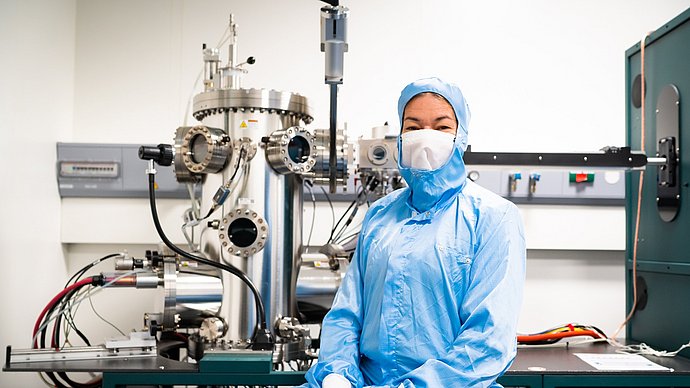
World Quantum Day on April 14
Current research on quantum technologies
Computers that solve complex problems in the shortest possible time, guaranteed tap-proof networks and intelligent sensors: quantum technologies will radically change the world in the coming decades. At our university and in the Cluster of Excellence Munich Center for Quantum Science and Technology (MCQST), scientists are researching various aspects of this future technology.
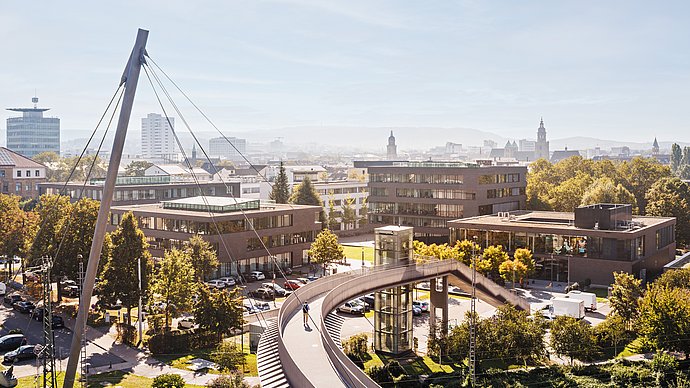
Podcast "We Are TUM"
A visit to the Campus Heilbronn
In this episode we report from the TUM Campus Heilbronn, which has developed rapidly over the past six years: More than 1,000 students from all over the world, close ties to companies, and exciting topics related to AI, management, and digitalization.We talk to those who are helping to shape the location-from the students' perspective to strategic visions for the coming years.
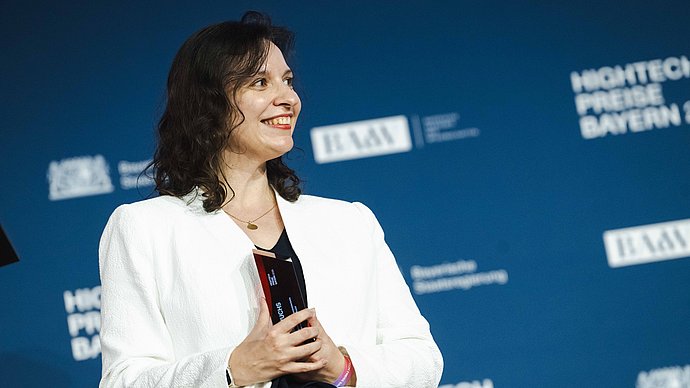
Bavarian High-Tech Awards awarded for the first time
Young Investigator Award for cancer researcher at TUM University Hospital
The Bavarian State Government, together with the Bavarian Academy of Sciences and Humanities, has awarded the Bavarian High-Tech Awards to promising talents and outstanding researchers for the first time. Among the winners is Dr. Jacqueline Lammert, who leads the "AI in Women's Health" research team at TUM University Hospital. She received the 30,000 euro prize for young researchers.
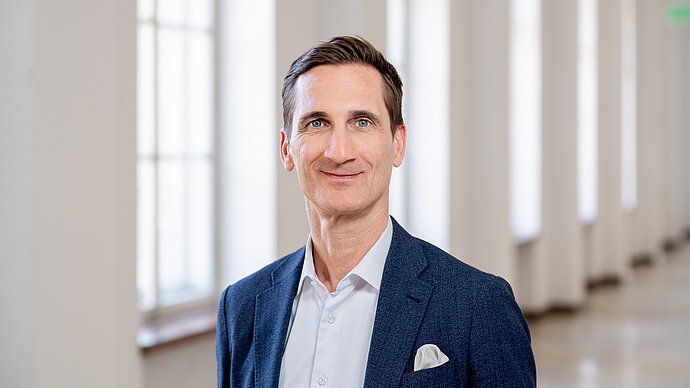
NewIn: Boris Paal
Shaping technology development with legal frameworks
Boris Paal is a legal expert at a university without a law department or degree program in law. In the latest issue of NewIn, he explains why this is exactly the right place for his research and teaching on IT and data law and how legal science is becoming a force in shaping innovation.
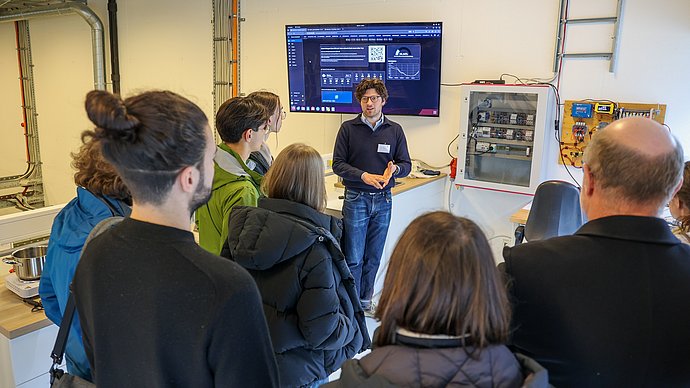
Energy laboratory for school classes
Renewable energies and technology you can touch
How do you get children and young people interested in renewable energies and the energy transition? A research group at the Technical University of Munich (TUM) has come up with a solution: a laboratory for sustainable energy systems. Here, schoolchildren can observe the energy consumption of household appliances in real time. In this way, the team aims to make technology and sustainable energy systems tangible.

Expansion of the Advanced Manufacturing Campus
Bavaria Makes: Bavaria's High-Tech Alliance for the Manufacturing of the Future
The Technical University of Munich (TUM) is driving forward the industrialization of additive manufacturing and is founding the "Bavaria Makes" alliance with seven other partners. The association is based at the Advanced Manufacturing Campus in Garching, which is also being further expanded.
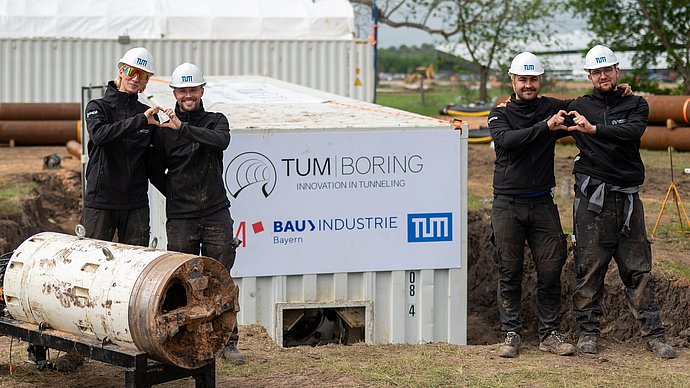
Third victory for tunnel boring team
TUM Boring wins tunnel boring competition and sets new record
Third participation in the competition, third victory: the student tunnel boring team TUM Boring wins again at the international "Not-A-Boring Competition" in the USA. During the seven-day competition, the team from the Technical University of Munich (TUM) set a new length record of 22.5 meters and ultimately took the overall victory.